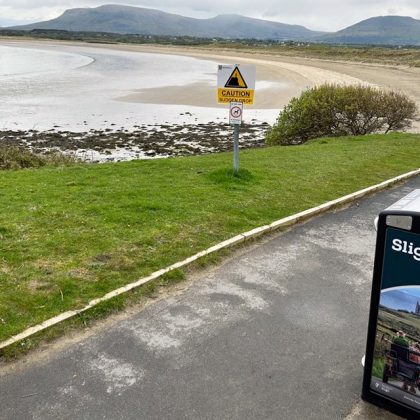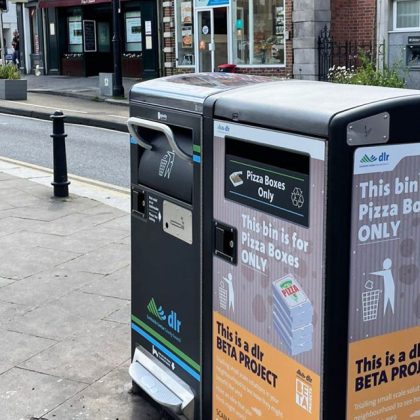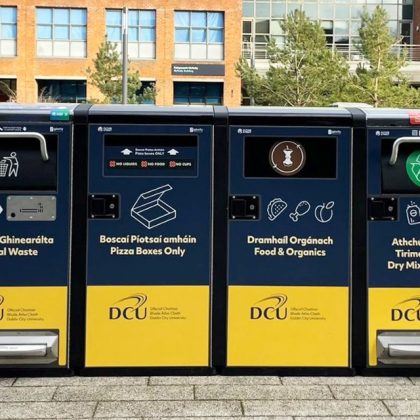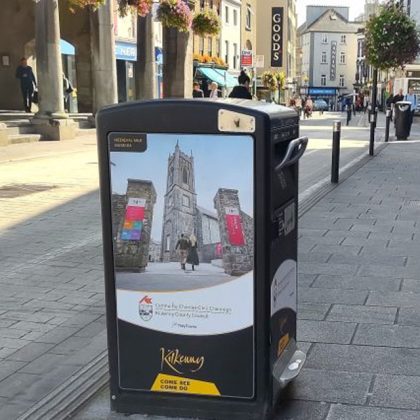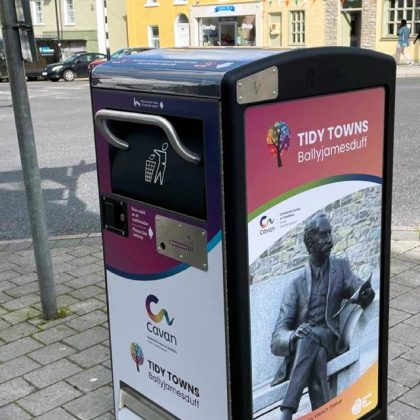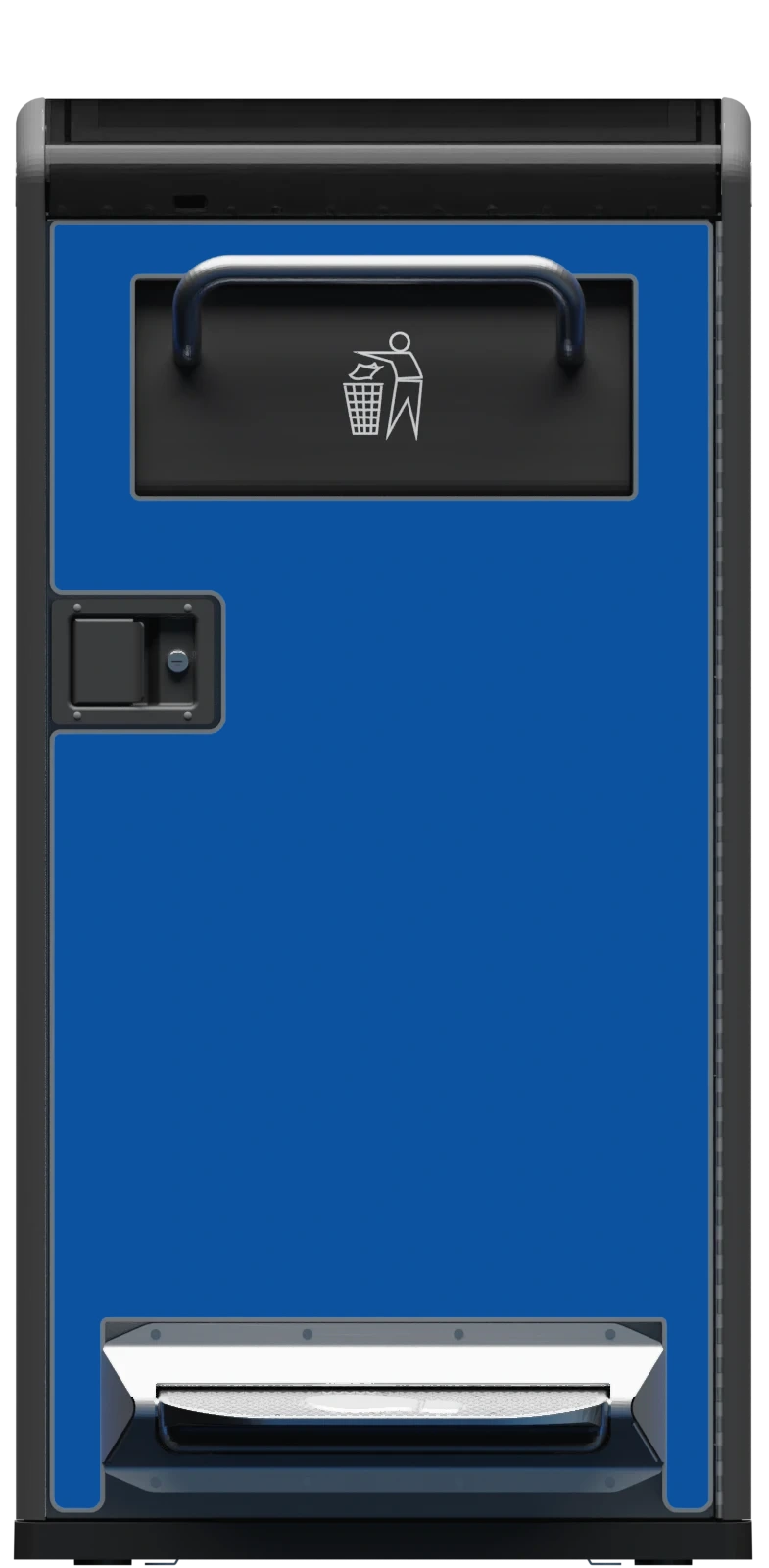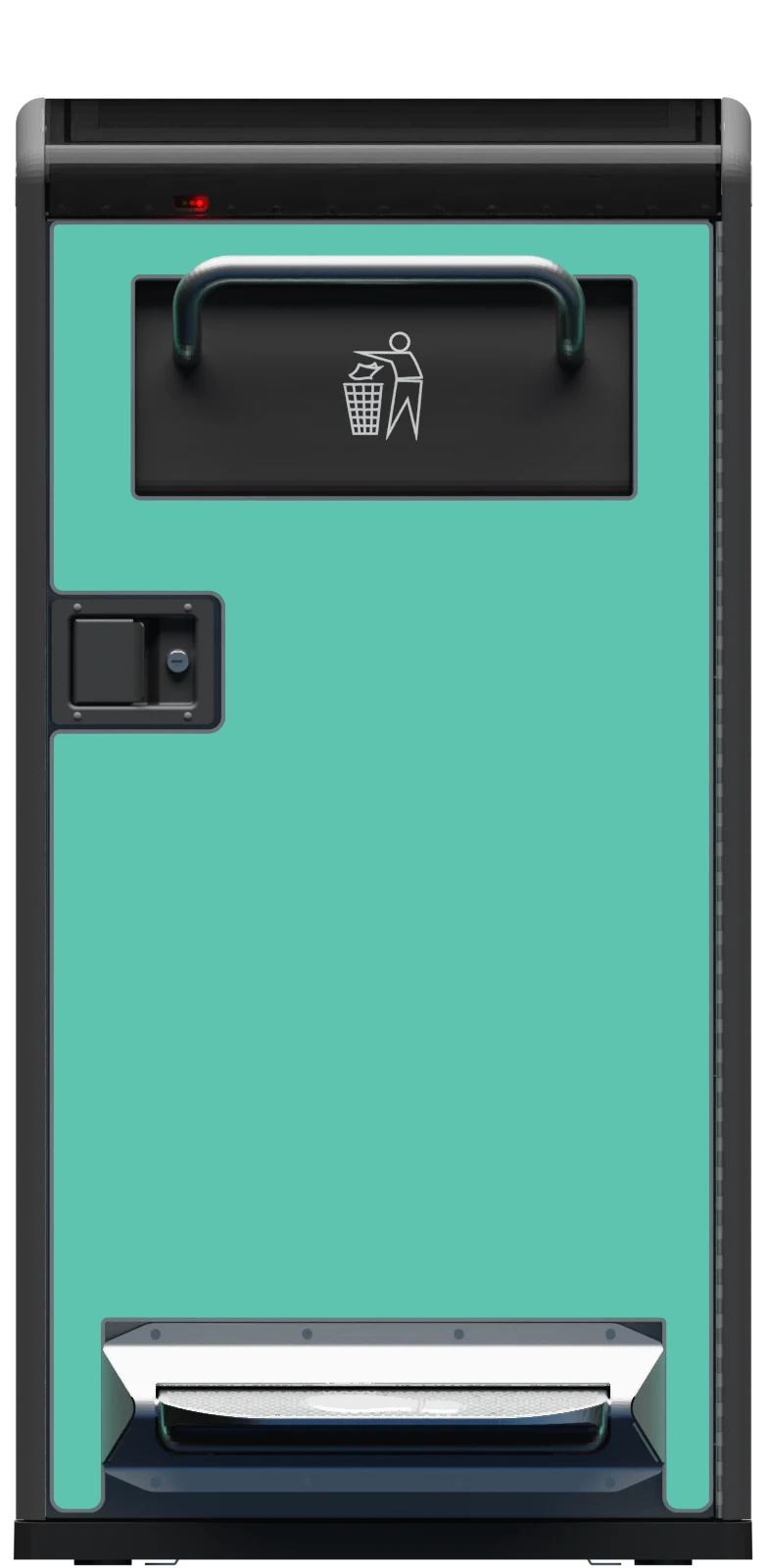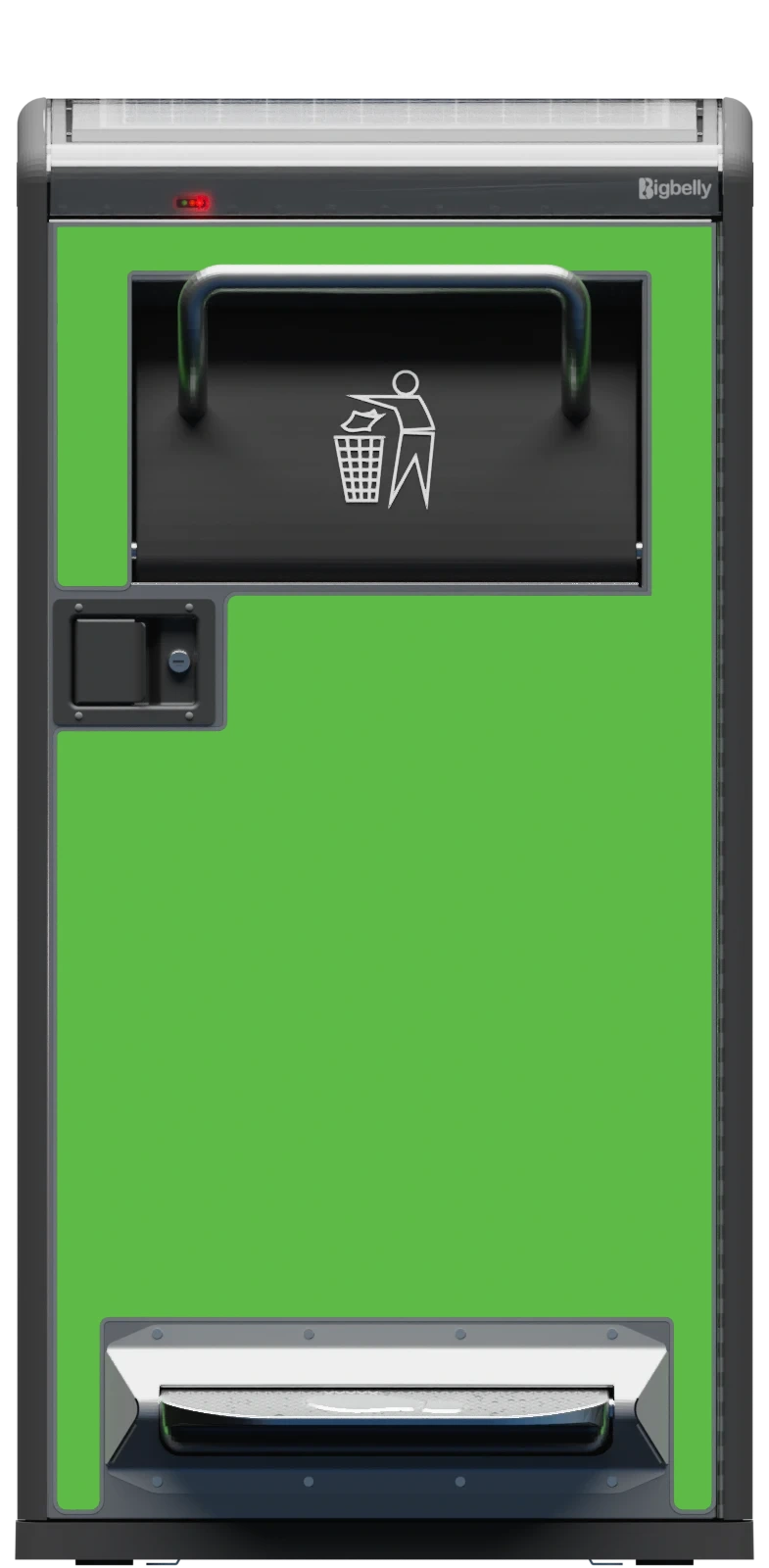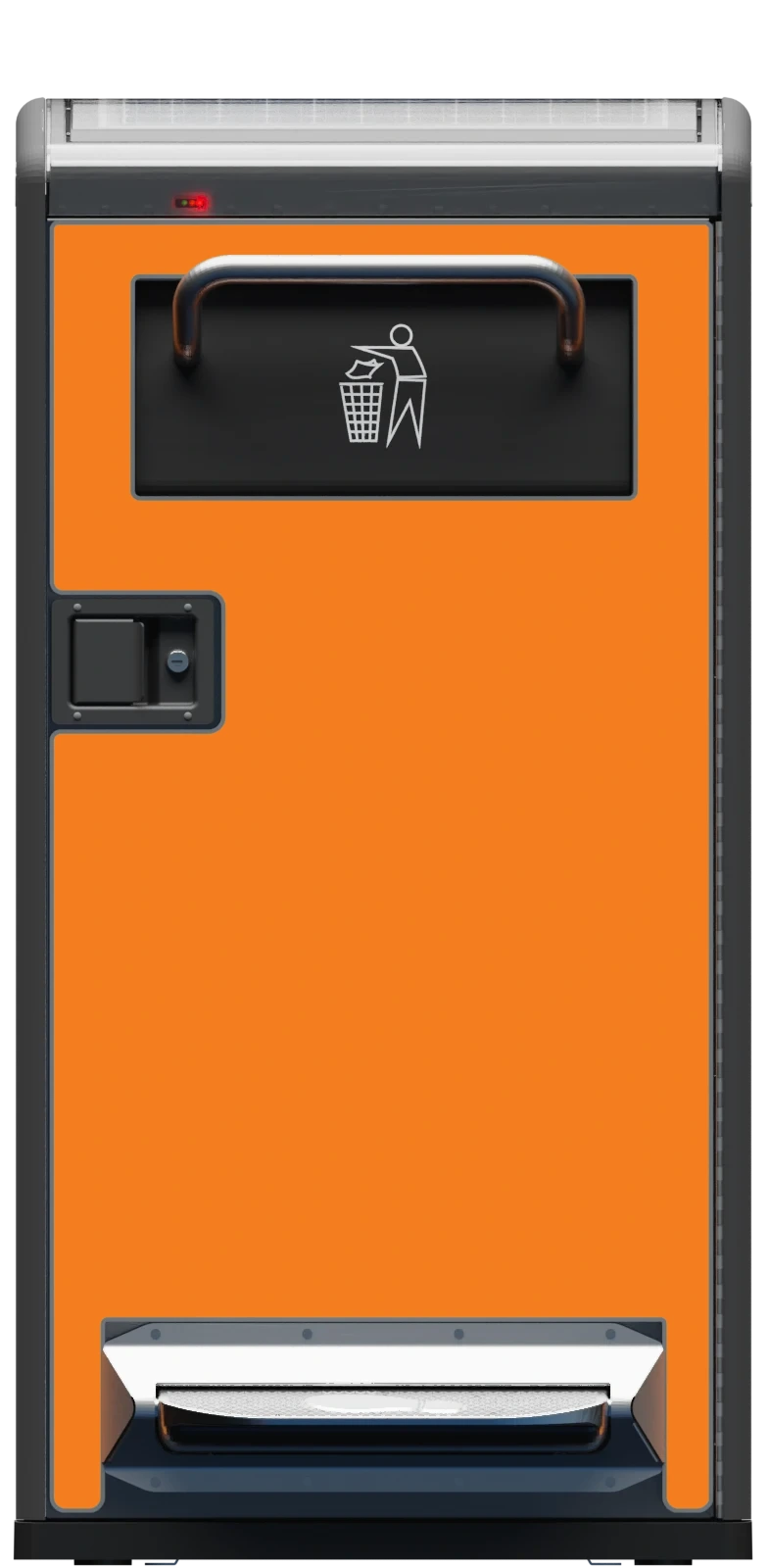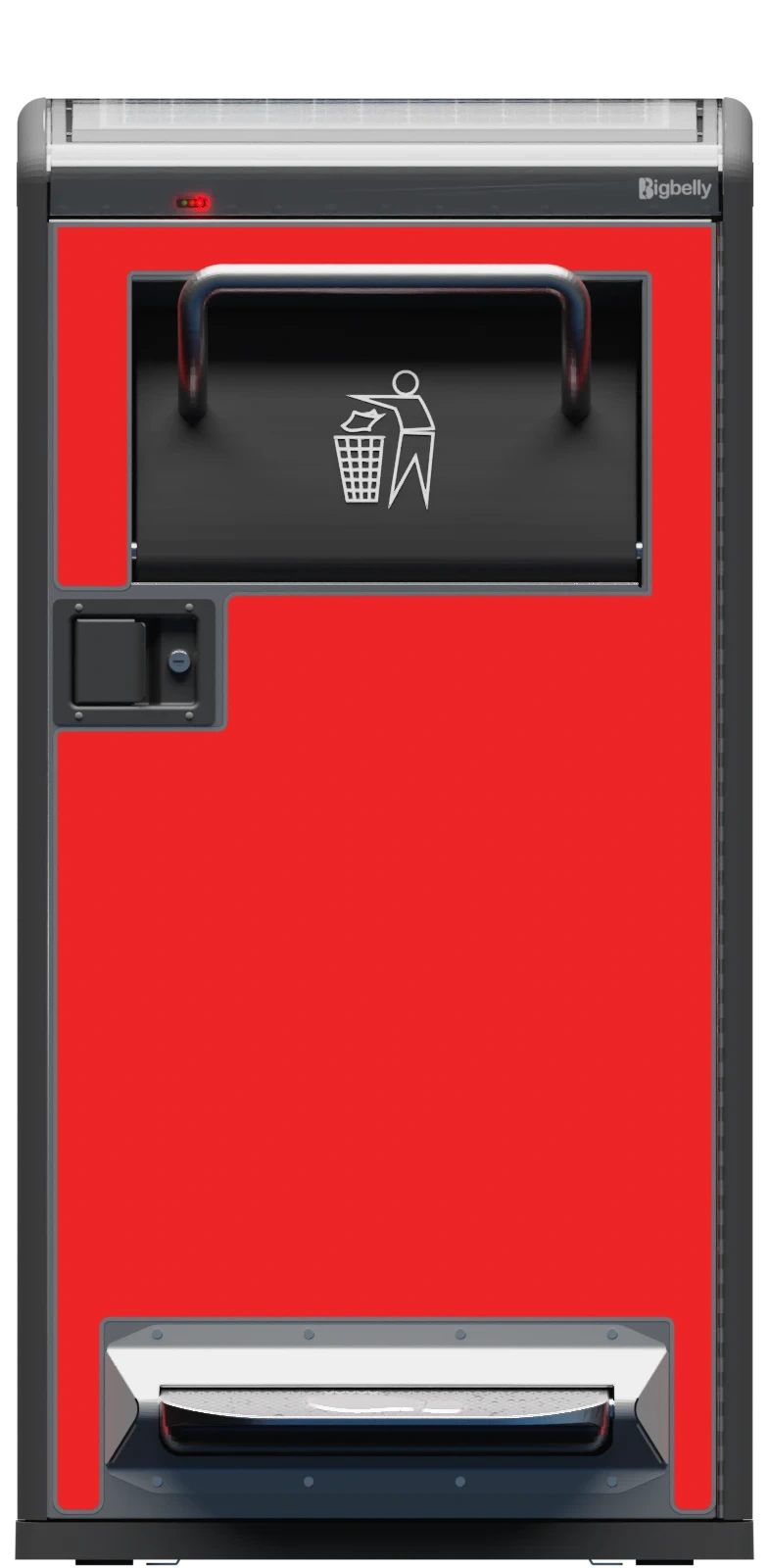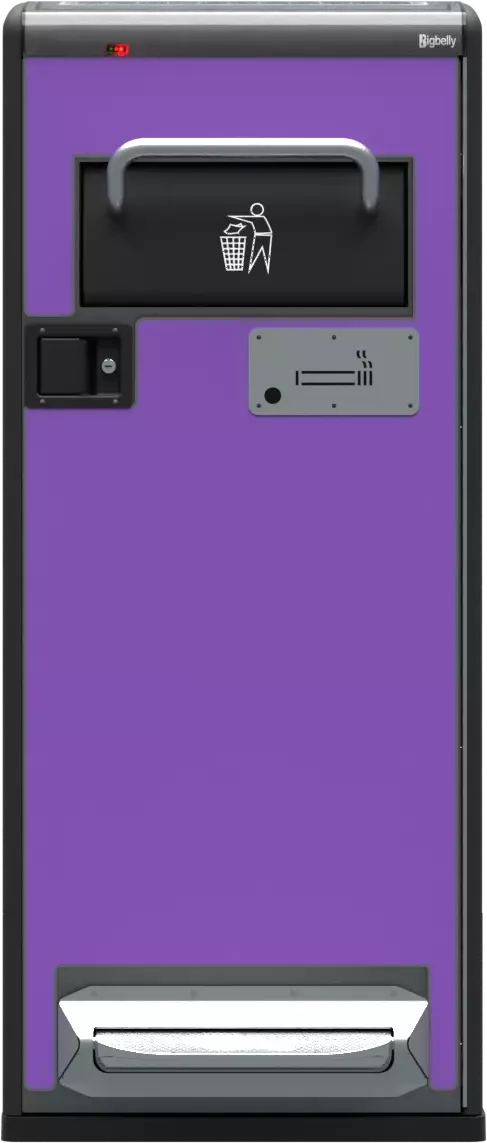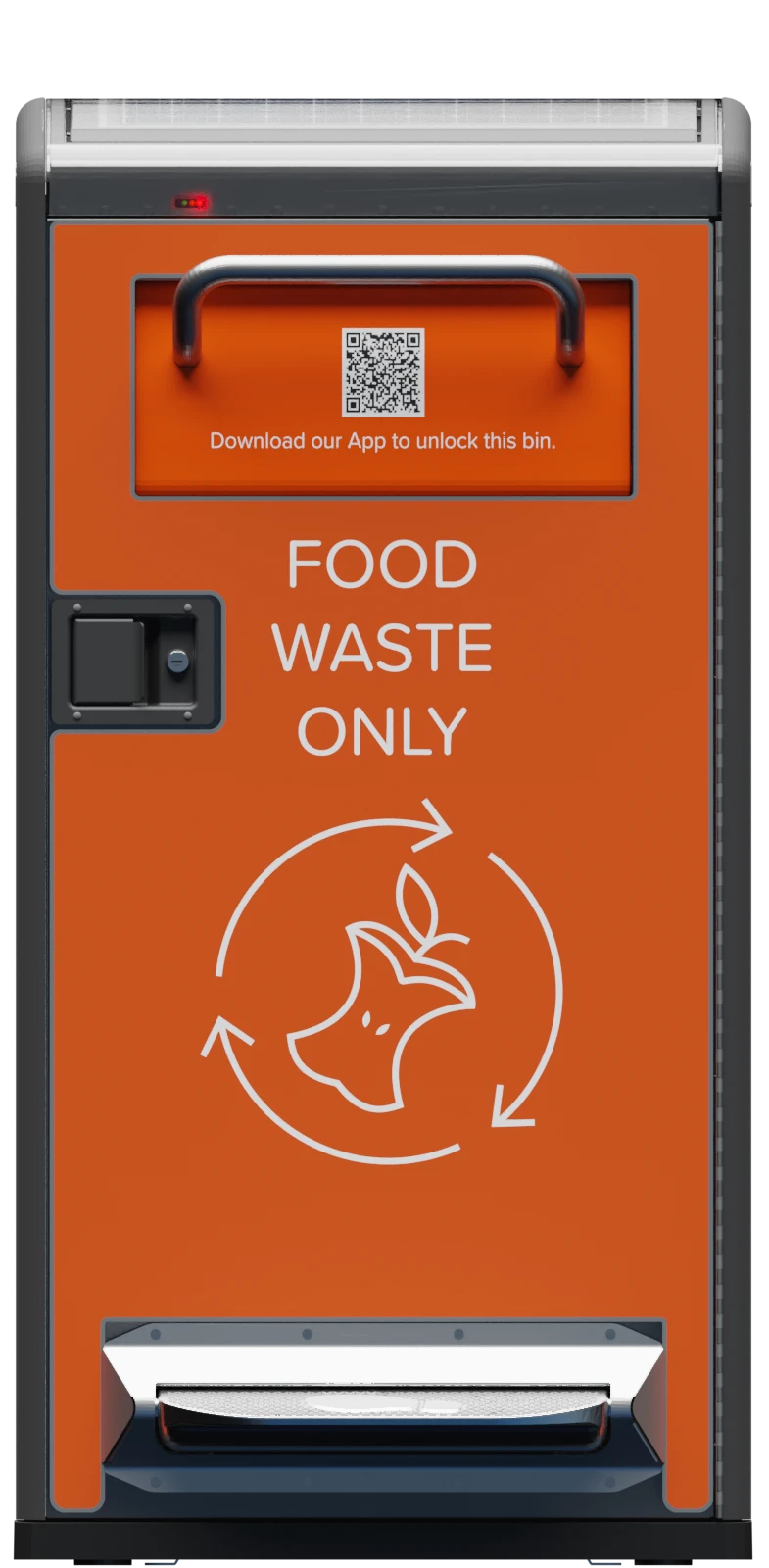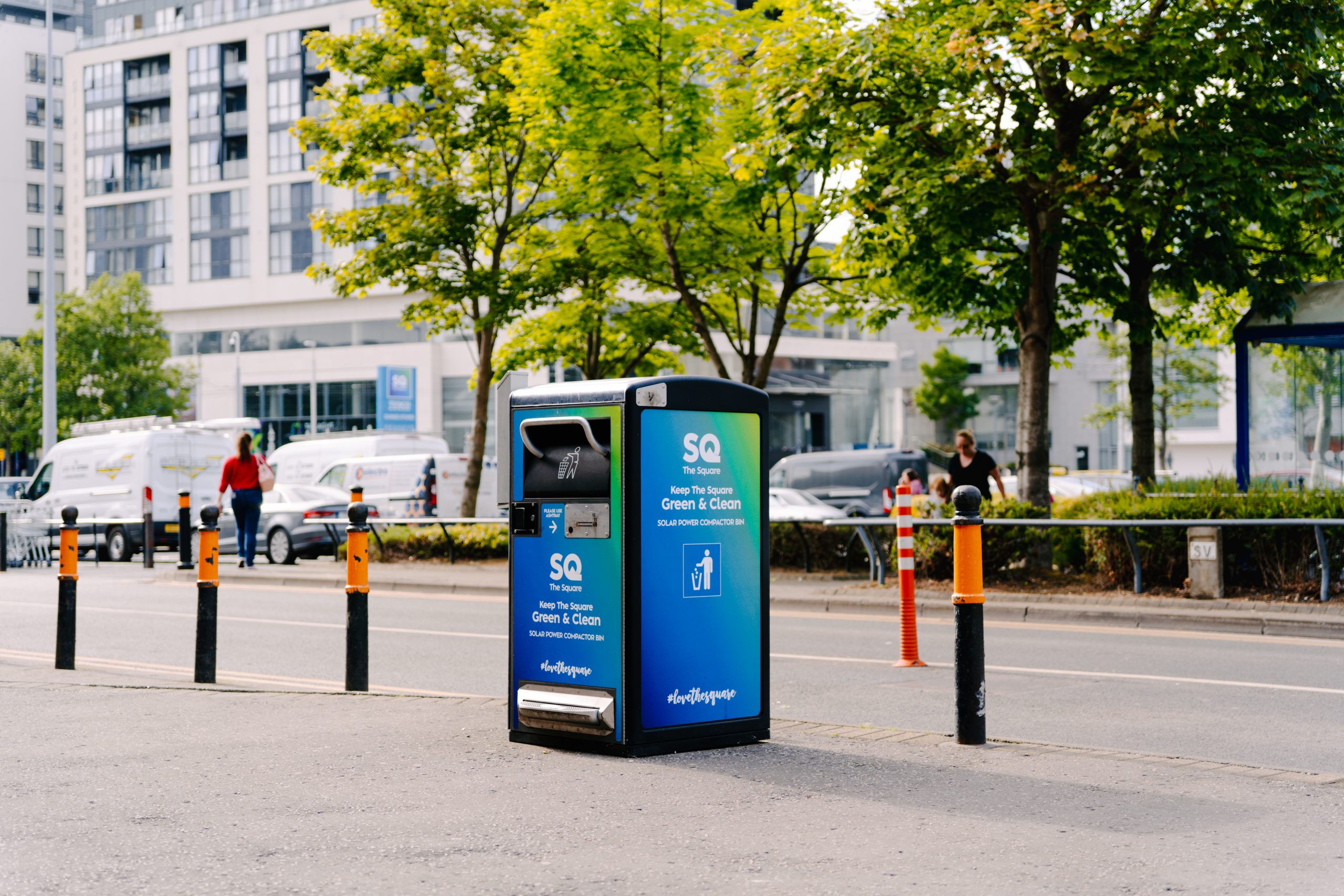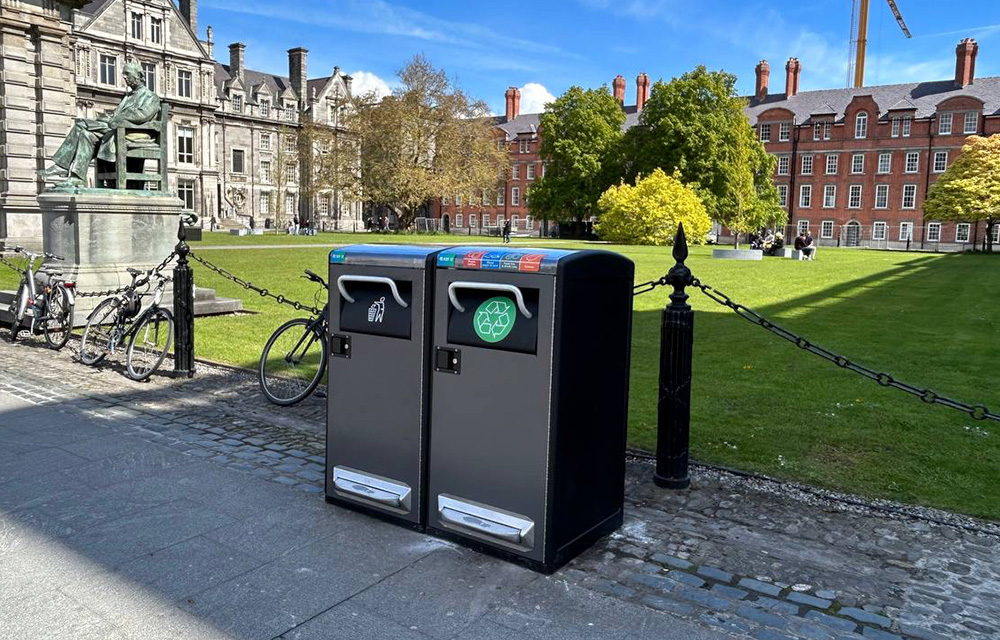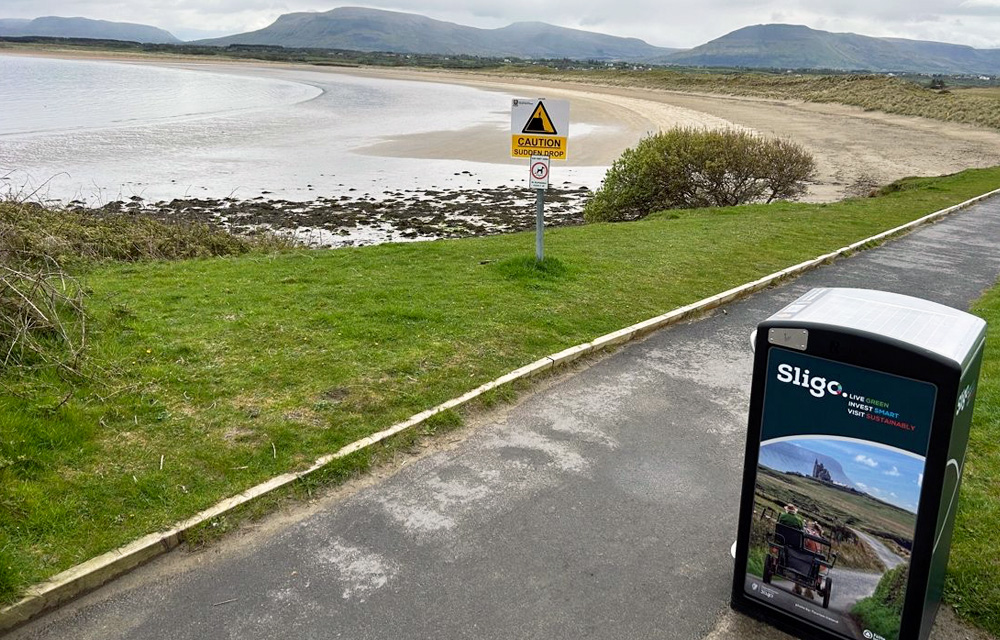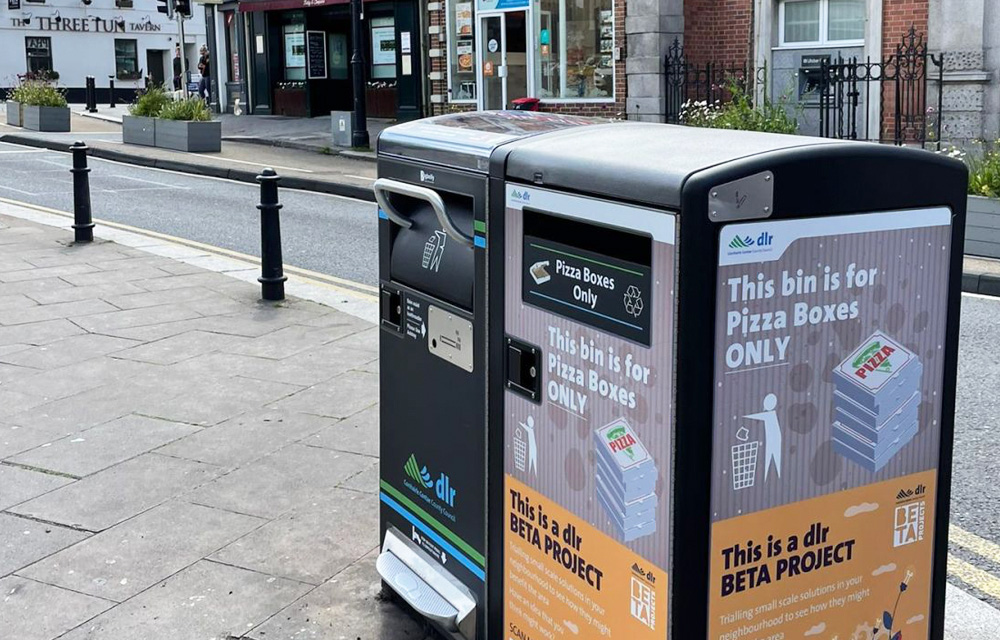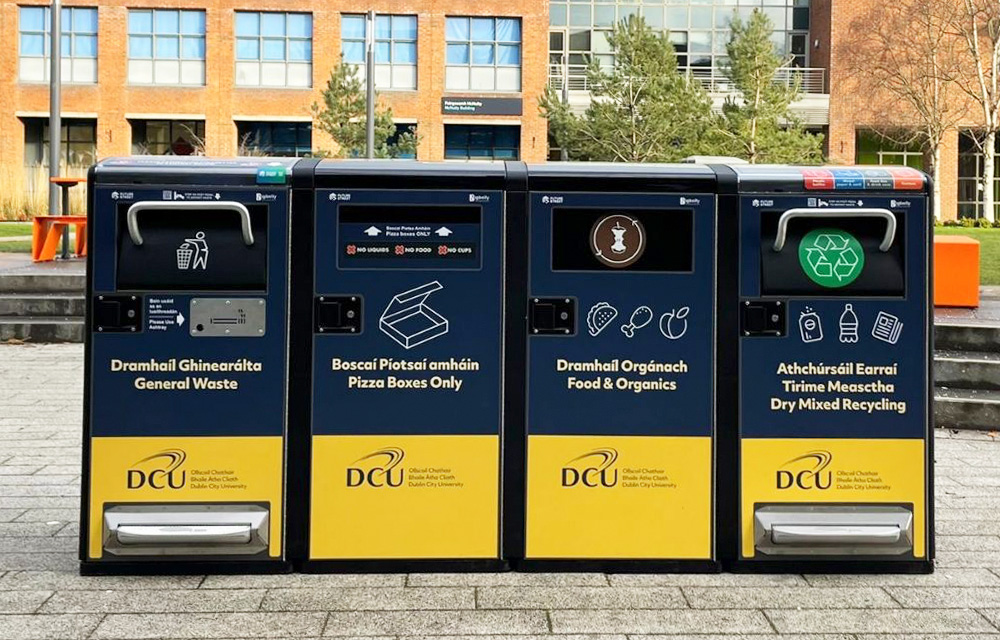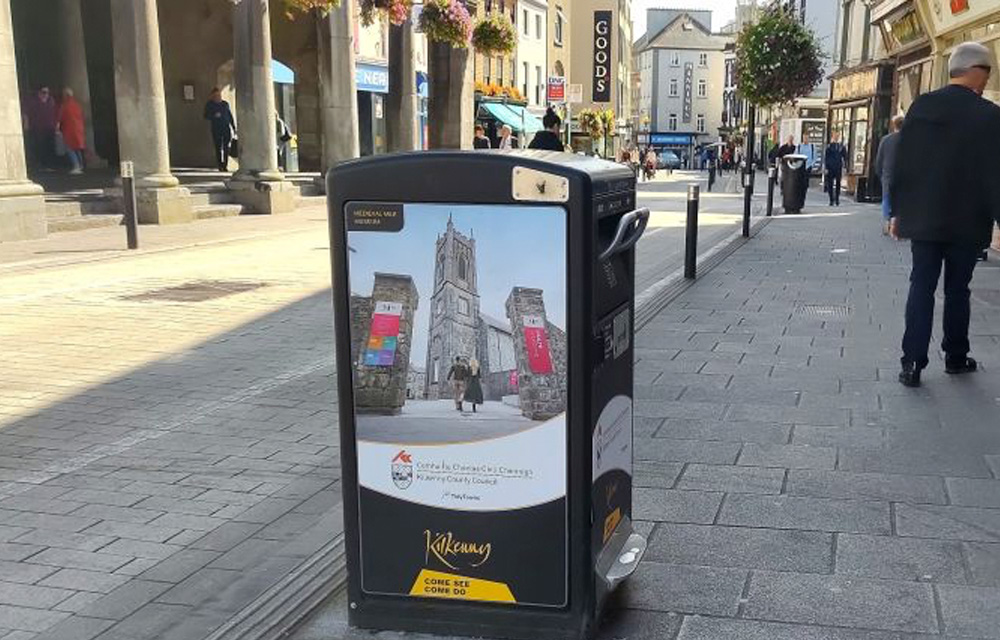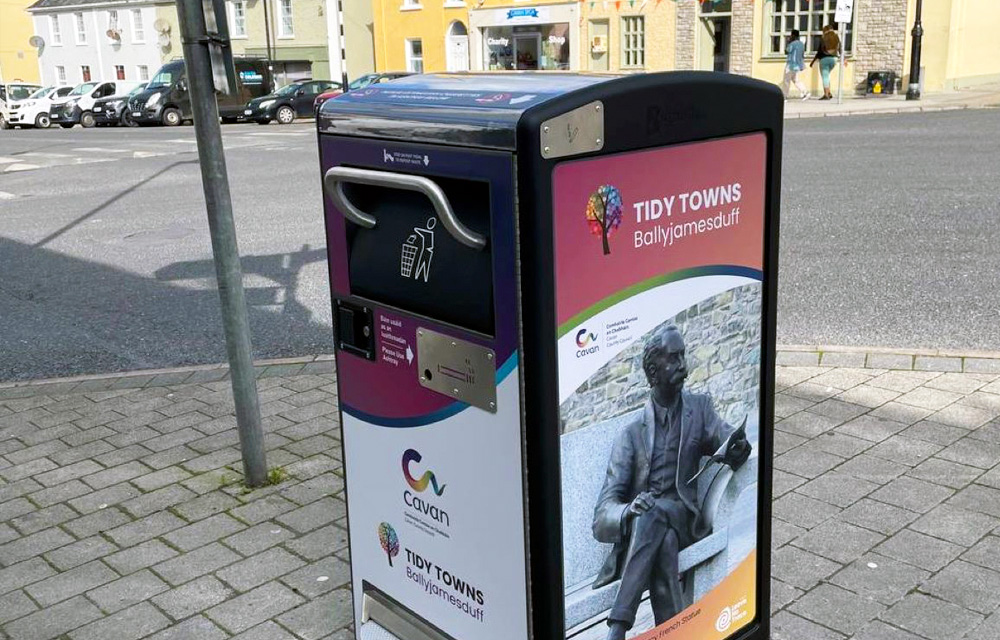Trinity College Dublin has successfully pioneered the use of Bigbelly Smart Max bins, setting a precedent for nationwide rollout. These innovative solar-powered compactors, similar in size to traditional bins, have demonstrated remarkable efficiency on the university campus by significantly reducing the frequency of waste collection.
The Bigbelly Smart Max bins harness solar power to operate an internal compactor that crushes waste, effectively increasing the bin’s capacity and reducing the need for frequent emptying. This cutting-edge technology has been proven in various international markets, notably in the United States, where it has been widely acclaimed for its performance and environmental benefits.
Following the successful implementation at TCD, the first university in Ireland to adopt these self-sustaining bins, other regions such as Bray, Naas, and Tallaght have begun introducing the Bigbelly system. The response has been overwhelmingly positive, reflecting the bins’ potential to transform public waste management across Ireland.
A spokesperson highlighted the economic advantages of the Bigbelly bins, noting their cost-effectiveness in terms of operational efficiency and waste management. As these bins require less frequent servicing than conventional bins, they offer substantial savings on labor and transportation costs, not to mention their contribution to reducing the carbon footprint associated with waste collection.
Looking ahead, the rollout of Bigbelly Smart Max bins is set to expand across the nation next year. This move is expected to standardise efficient, eco-friendly waste management practices, propelling Ireland towards a more sustainable future. The success story at Trinity College Dublin is just the beginning of what promises to be a significant advancement in how Ireland handles its public waste.
